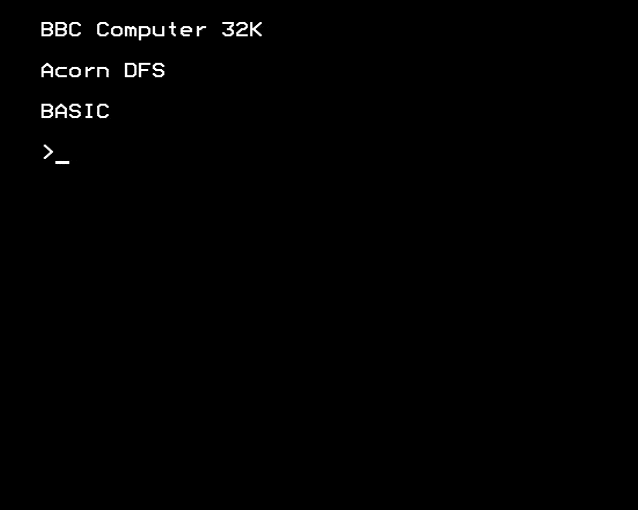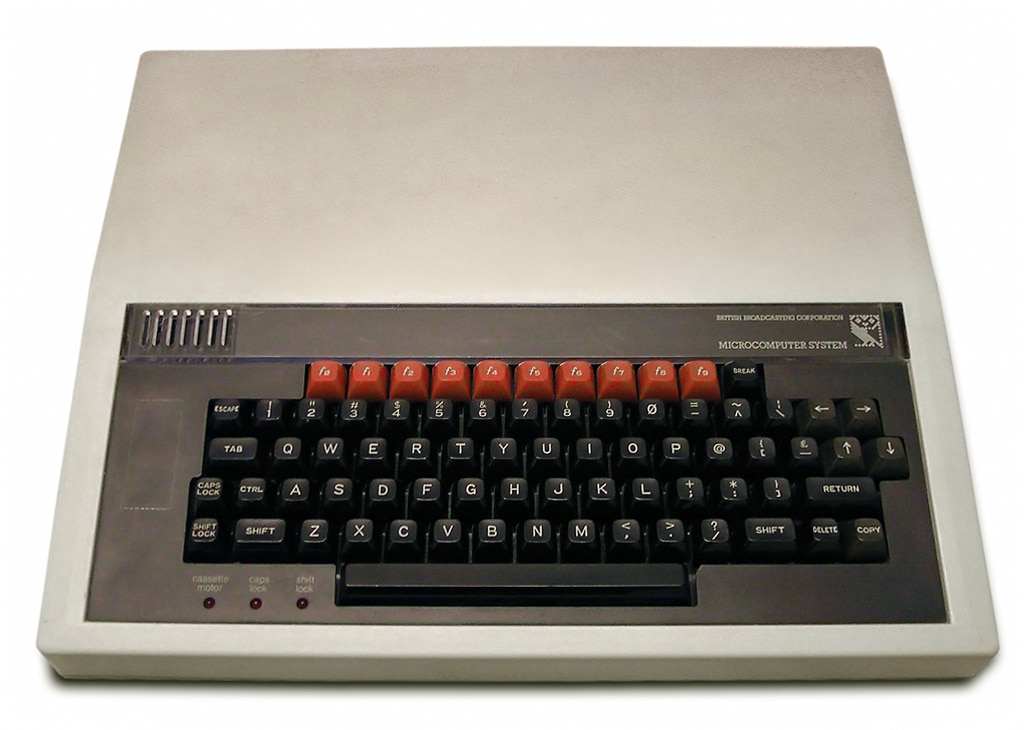The legendary computer scientist and co-designer of the Arm processor successfully ran her iconic BBC BASIC interpreter on modern Arm hardware, bridging the gap between the 1980s and today’s technological landscape.
Sophie Wilson, one of the most influential pioneers in computing, has recently carried out a symbolic and technically meaningful experiment: she copied a version of the BBC BASIC interpreter onto an Arm-based system and executed a command. The result? “Everything checked out,” Wilson confirmed — a simple act that echoes decades of innovation and progress.
This test reaffirms the robustness of the software that introduced a generation of British students to programming and highlights the longevity and continued relevance of the Arm architecture, co-developed by Wilson herself in the early 1980s.
From BBC Micro to Smartphones: The Journey of BBC BASIC
The story begins in 1981, when the British Broadcasting Corporation (BBC) launched the BBC Microcomputer System in partnership with Acorn Computers. Designed as part of the BBC’s ambitious “Computer Literacy Project,” the BBC Micro aimed to bring programming into homes and schools across the UK.
At the heart of this initiative was BBC BASIC, a powerful yet approachable version of the BASIC language created by Sophie Wilson. Unlike other variants of BASIC at the time, BBC BASIC offered structured programming features, inline assembler support, and exceptional performance — all optimized for the 8-bit environment of the BBC Micro.
The BBC Micro became a staple of UK education and computing culture. It not only taught countless students how to code but also served as the development platform for the ARM1 processor, the origin of the architecture that would later power billions of smartphones and embedded devices.
BBC BASIC Reborn on Arm: A Symbolic Milestone
In a recent experiment, Wilson ran her interpreter on a modern Arm system, decades after she first wrote it. The command executed correctly, proving that the software — originally written for the BBC Micro — can still function flawlessly on today’s hardware. More than a nostalgic moment, this test symbolizes the compatibility and foresight built into both the software and the Arm architecture.
This success underscores the brilliance of BBC BASIC’s design and the elegance of Arm’s minimalist, power-efficient philosophy — both born from the same small engineering team in Cambridge.

A Sample of BBC BASIC Code
For those unfamiliar with BBC BASIC, here’s a simple loop that prints square numbers — a classic educational example:
10 FOR I = 1 TO 10
20 PRINT "The square of "; I; " is "; I*I
30 NEXT ICode language: PHP (php)Output:
The square of 1 is 1
The square of 2 is 4
The square of 3 is 9
...
The square of 10 is 100The language also allowed inline assembler, making it useful even for experienced developers who wanted to push the BBC Micro’s capabilities further.
Legacy and Future
Sophie Wilson remains an influential voice in computing, known not only for her technical brilliance but also for her lasting contributions to education, software, and chip design. Her recent test demonstrates not just backward compatibility, but the enduring vision that connected early educational computing to modern high-performance systems.
BBC BASIC and the BBC Micro live on through emulators, preservation efforts, and retro computing communities. And now, thanks to a simple successful test, we know they also live on in the DNA of today’s Arm-based systems.
More in Wikipedia

